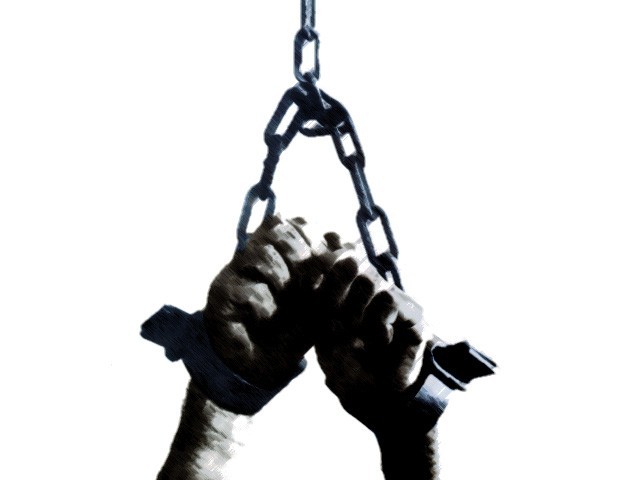CAIRO: Palestinian unity talks in Cairo were deadlocked on Saturday after factions failed to agree on the composition and obligations of a unity government, officials said.
Senior delegations from the Islamist Hamas and the Western-backed Fatah faction of Palestinian president Mahmoud Abbas began work five days ago in committees formed to resolve their differences.
The committees have done all their work with the exception of the two difficult issues, said senior Fatah official Nabil Shaath, the faction s representative in the committee tasked to agree on a national government.
The difficulties are, first, what kind of commitments the government ought to give to gain international acceptance and, second, whether (the government) is composed of (representatives of) the organizations or independents, he told AFP.
Palestinian officials said the committees would wrap up their work on Saturday and submit the outcome of their discussions to a steering committee, that would include Egyptian officials, for arbitration.
Wasil Abu Yusef, from the Palestine Liberation Front, told state news agency MENA that an agreement, if reached, would be announced on March 22. Abbas is expected to attend, he said.
Fatah and Hamas have been bitterly divided since Hamas, which won a majority in a 2006 parliament election, seized the Gaza Strip in a week of deadly fighting in June 2007, thus limiting Abbas s authority to the West Bank.
In the past few days, none of the essential issues have been practically resolved, said Osama Hamdan, Hamas s representative in Lebanon.
Hamas spokesman Fawzi Barhum said negotiators had narrowed the choice of government to either one that would be decided by a cross-faction agreement or one that would reflect the size of blocs in parliament, where Hamas enjoys a majority.
Reconciling these positions is not very difficult. But the problem is the government s program, he said, referring to previous commitments to Israel made by Fatah-led governments.
Barhum stressed that Hamas would not agree to abide by previous commitments either by Fatah-led governments or the Palestine Liberation Organization, which reached the Oslo accords with Israel in 1993 that led to increased autonomy and the creation of the Palestinian Authority.
Hamas also accused the Fatah-dominated Authority of continuing to arrest its members in the West Bank. Since we ve come to Cairo there have been 49 more arrests, said Hamdan.
The PA denied it arrests Hamas members for political reasons. That is grossly exaggerated, said Shaath, adding that 29 were released on Friday.
Hamas had boycotted unity talks in Cairo last November over the arrests.
The stakes are high after a devastating 22-day war between Hamas and Israel in the Gaza Strip over the new year.
Earlier this month, countries pledged 4.5 billion dollars in reconstruction aid to Gaza at a conference in Egypt. But many donors, backed by Abbas s government, have said they will not deal with the Hamas authorities in Gaza.
The Middle East Quartet – the United States, United Nations, European Union and Russia – has conditioned dealing with Hamas on the their recognition of Israel and commitment to past Palestinian-Israeli agreements.
Hamas, and some smaller Palestinian factions, say that is unacceptable.
We should form a Palestinian government that has nothing to do with US and Israeli conditions, said Barhum.
I don t think there is any country in the world, including the US, that forms it government according to foreign dictates, he added.
A leader with the leftist Popular Front for the Liberation of Palestine told AFP that Hamas might agree to an ambiguous formula over Quartet conditions.
Hamas are prepared for a formula of respecting the obligations , but not being bound by them, said Jamil Majdalawi, the PFLP s representative in the government committee.
But it is not certain whether the Quartet would accept that.
After the Islamists won the 2006 elections, the Quartet boycotted the new Palestinian government.
In February 2007, Hamas and Fatah reached an accord in Mecca on a unity government that would respect previous Palestinian-Israeli agreements and that included Hamas and Fatah ministers, but the Quartet continued its boycott. Any transitional Palestinian government formed after the talks will prepare for general elections early next year. -AFP

